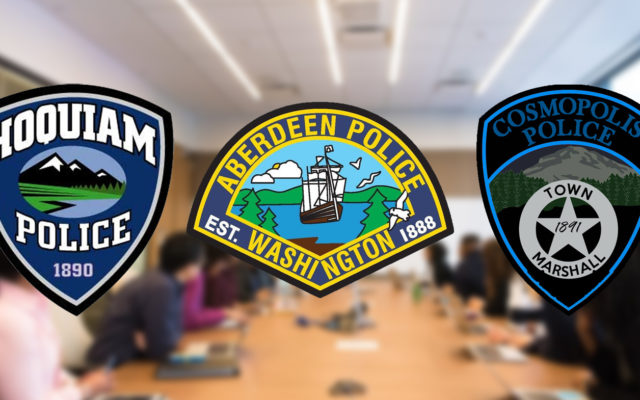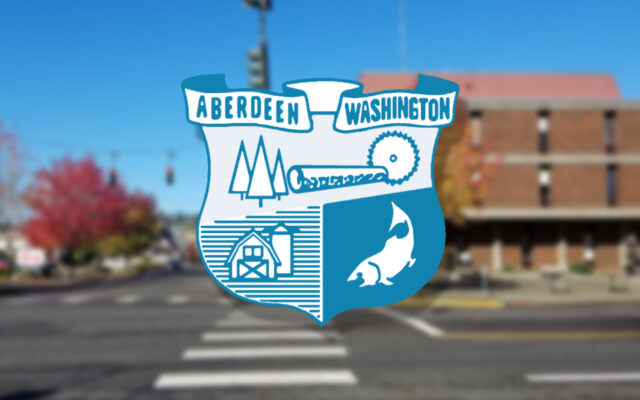Aberdeen/Hoquiam/Cosmopolis Police Departments commit to working together.

The Aberdeen, Hoquiam, and Cosmopolis Police Departments have signed a letter of consent that brings additional cooperation within the three cities.
In a joint signed press release, the police departments say that they have have “long enjoyed assisting each other with priority police calls and during other times of need”, responding at times when staffing is low, and working on major cases together.
The letter states that since Chief Shumate started at the Aberdeen Police Department, this level of cooperation,collaboration and respect between departments has grown and the police chiefs of the three departments have signed a Letter of Consent to continue that cooperation.
“As the police chiefs of the three cities, we firmly believe strong cooperation between our departments only better serves the citizens of our three cities. We are proud to celebrate this formal step and will continue to look for opportunities for our departments to work together.”
The Revised Code of Washington already allows Washington peace officers to work in areas outside their jurisdiction under certain circumstances, although the Letter of Consent between the local departments also clarifies that an officer of each department can write a ticket or charge an offense into the municipal court of another city when assisting or taking enforcement action in either Aberdeen, Hoquiam or Cosmopolis.
RCW 10.93.070
General authority peace officer—Powers of, circumstances.
You Might Also Like




